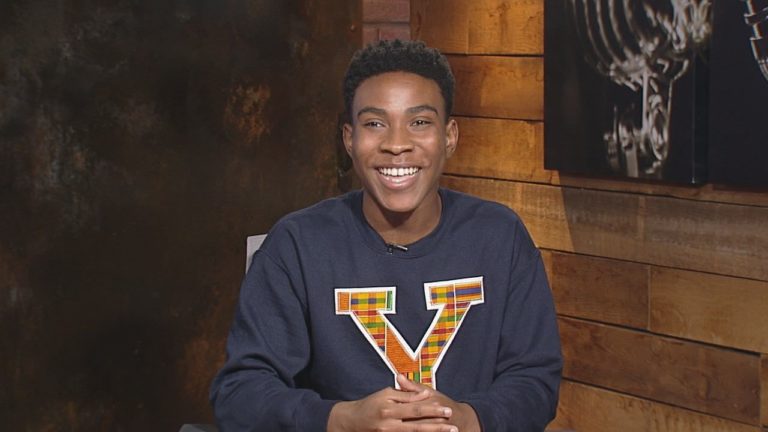For the first time in the school’s 318 year history, Yale university has elected its first student body president.
Last month, Kahlil Greene, the former finance director of the Yale College Council (YCC), won 1,100 votes to become the council’s first black president.
A Montgomery County native, Greene is currently majoring in economics and political science. After winning the election, he emphasized that he aims to use the position to make Yale a more diverse and inclusive place.
“I feel like I wanted to kind of amplify the voices of the underserved communities on campus, especially students of color,” Greene told FOX 5’s Shawn Yancy. “So, being the first black president, I feel like I’m in a position where I can really do that.”
Greene focused his election campaign on four points including facilitating more meaningful interactions between Yale and the New Haven community, fostering a safer, healthier and more equitable campus culture, enhancing the quality of the University’s academics and facilities, and improving the YCC’s capacity to cater to student demands, according to The Yale Daily News.
Most of the students who campaigned for council positions ran uncontested. Grace Kang won the election for council vice president, receiving 1,091 votes total.
Bloomfield College Names First African American Woman President



